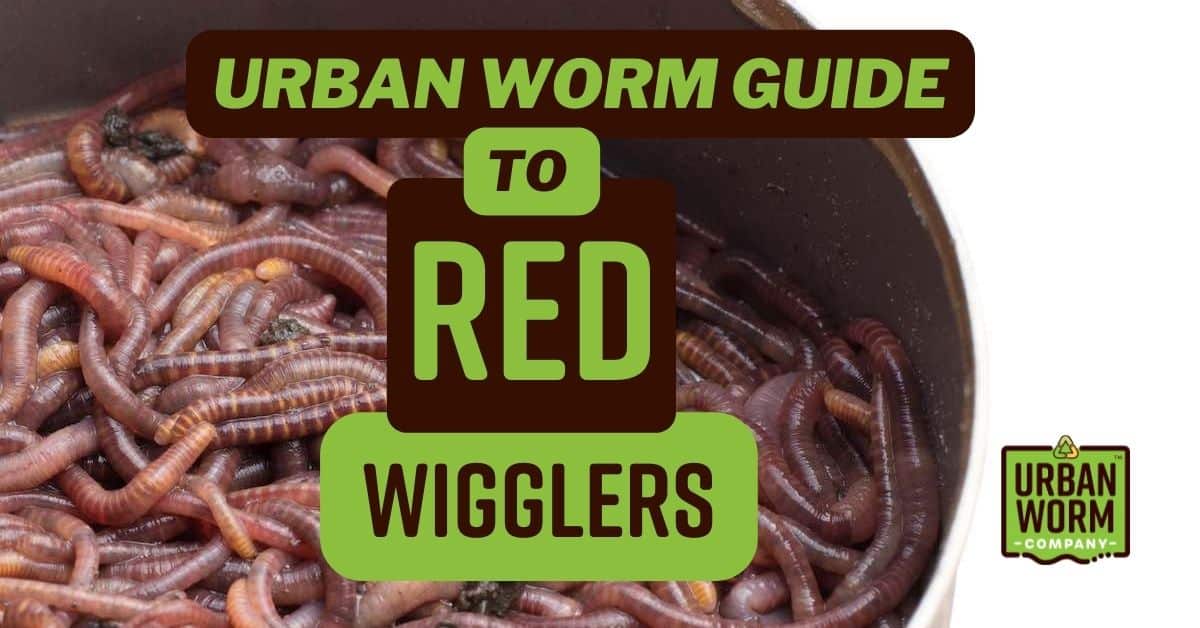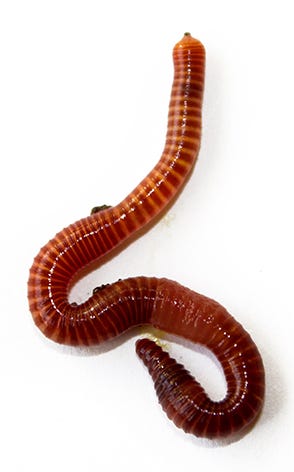Red Wiggler Worms - Improve Your Dirt Health Naturally
Red Wiggler Worms - Improve Your Dirt Health Naturally
Blog Article
Red Wiggler Worms Demystified: Opening the Tricks of Vermiculture for Greener Living and Nutrient-Rich Soil
In the realm of lasting techniques for improving dirt high quality and promoting eco-conscious living, red wiggler worms play an essential yet usually forgotten duty. These humble creatures have the impressive ability to transform natural waste into nutrient-rich castings that offer as a potent all-natural plant food. By delving right into the world of vermiculture, one can reveal a wide variety of advantages that extend much past traditional composting methods. Recognizing the details of taking care of these worms, optimizing their setting, and using their spreadings can cause a greener way of life and much healthier soil for plants to prosper.
The Role of Red Wiggler Worms
Red Wiggler worms play an essential function in composting systems by efficiently damaging down organic issue into nutrient-rich spreadings. These starved eaters eat a range of organic products, such as kitchen scraps, yard waste, and paper items. As they feed, the worms' digestive system processes damage down the organic issue into a fine, dark, and nutrient-dense material referred to as worm castings or vermicompost.
The spreadings created by Red Wiggler worms are very valuable for dirt health and plant development. They are abundant in necessary nutrients like nitrogen, phosphorus, and potassium, which are crucial for supporting healthy and balanced plant advancement. Additionally, worm castings contain useful microorganisms and enzymes that aid enhance dirt framework, boost water retention, and improve nutrient uptake by plants.
Benefits of Vermicomposting

Furthermore, vermicompost, the nutrient-rich final product of vermicomposting, works as an excellent organic plant food and soil conditioner. It boosts dirt framework, enhances soil aeration, and increases soil wetness retention. These residential properties add to much healthier plants with stronger root systems and much better resistance to bugs and conditions. Vermicompost also enriches the dirt with crucial nutrients like nitrogen, potassium, and phosphorus, advertising plant growth and overall soil fertility.
Furthermore, vermicomposting assistances sustainable gardening techniques by offering a chemical-free and all-natural option to synthetic plant foods. Red Wiggler Worms. This eco-friendly approach not only enriches the dirt yet also assists minimize dependence on harmful chemicals, promoting a greener and much more sustainable method of gardening
Setting Up a Worm Bin
When establishing a worm bin for vermicomposting, appropriate configuration is essential to make certain the success of the composting process. The first action in setting up a worm bin is picking an ideal container. This can be a plastic bin or wooden box that offers adequate area for the worms to walk around and has proper drainage openings to protect against waterlogging. Next off, a bed linen material such as shredded newspaper, cardboard, or coconut coir should be included to the container. This bed linens gives a comfy setting for the worms and assists preserve wetness degrees.
After including the bed linens, introduce the red wiggler worms to the bin. It is recommended to begin with a tiny number of worms and slowly increase as they increase. The worms must then be offered with food scraps such as vegetables and fruit peels, coffee grounds, and eggshells. It is vital to avoid including meat, milk, oily, or salted foods to avoid bring in bugs and producing unpleasant odors.
Regularly keep track of the moisture levels and temperature in the worm container to make certain optimum problems for the worms. With appropriate arrangement and maintenance, the worm bin will properly convert natural waste into nutrient-rich garden compost for your plants and yard.
Collecting Worm Castings
To successfully collect nutrient-rich worm castings from your vermicomposting have a peek at this website system, a systematic harvesting technique is necessary. There are a couple of vital steps to follow to make certain a successful procedure when it comes time to harvest the worm spreadings. Firstly, quit including fresh food scraps to one side of the worm bin for a number of weeks prior to gathering. This motivates the worms to move sideways with fresh bed linens and food, making it simpler to dig the spreadings from the opposite.

Troubleshooting Common Issues
Determining and dealing with common difficulties that might arise during the vermicomposting procedure is vital for preserving a healthy and balanced and efficient worm container. Adding excess food scraps can lead to a build-up of wetness and level of acidity in the worm bin, potentially hurting the worms. An additional issue is unpleasant smells emanating from the worm container.
Additionally, if the worm populace is decreasing or the worms appear undesirable, maybe due to ecological stress factors such as severe temperatures or pH levels. Keeping an eye on these elements and making needed changes is necessary for the health of the worms. By fixing these common issues immediately, vermicomposters can ensure a smooth and effective vermicomposting procedure while keeping a flourishing worm population.

Verdict
In final thought, red wiggler worms play an important duty in vermiculture by damaging find out this here down natural matter into nutrient-rich dirt. Establishing up a worm bin is vital for successful vermiculture, and gathering worm castings gives beneficial compost for horticulture.
As they feed, the worms' gastrointestinal processes break down the organic matter into a fine, dark, and nutrient-dense material known as worm castings or vermicompost.
The castings generated by Red Wiggler worms are highly advantageous for soil wellness and plant growth. Including excess food scraps can lead to a buildup of wetness and level of acidity in the worm bin, potentially hurting the worms.Furthermore, if the worm population is decreasing or the worms show up undesirable, see this here it could be due to ecological stress factors such as severe temperatures or pH levels. Setting up a worm bin is vital for successful vermiculture, and gathering worm spreadings supplies valuable garden compost for horticulture.
Report this page